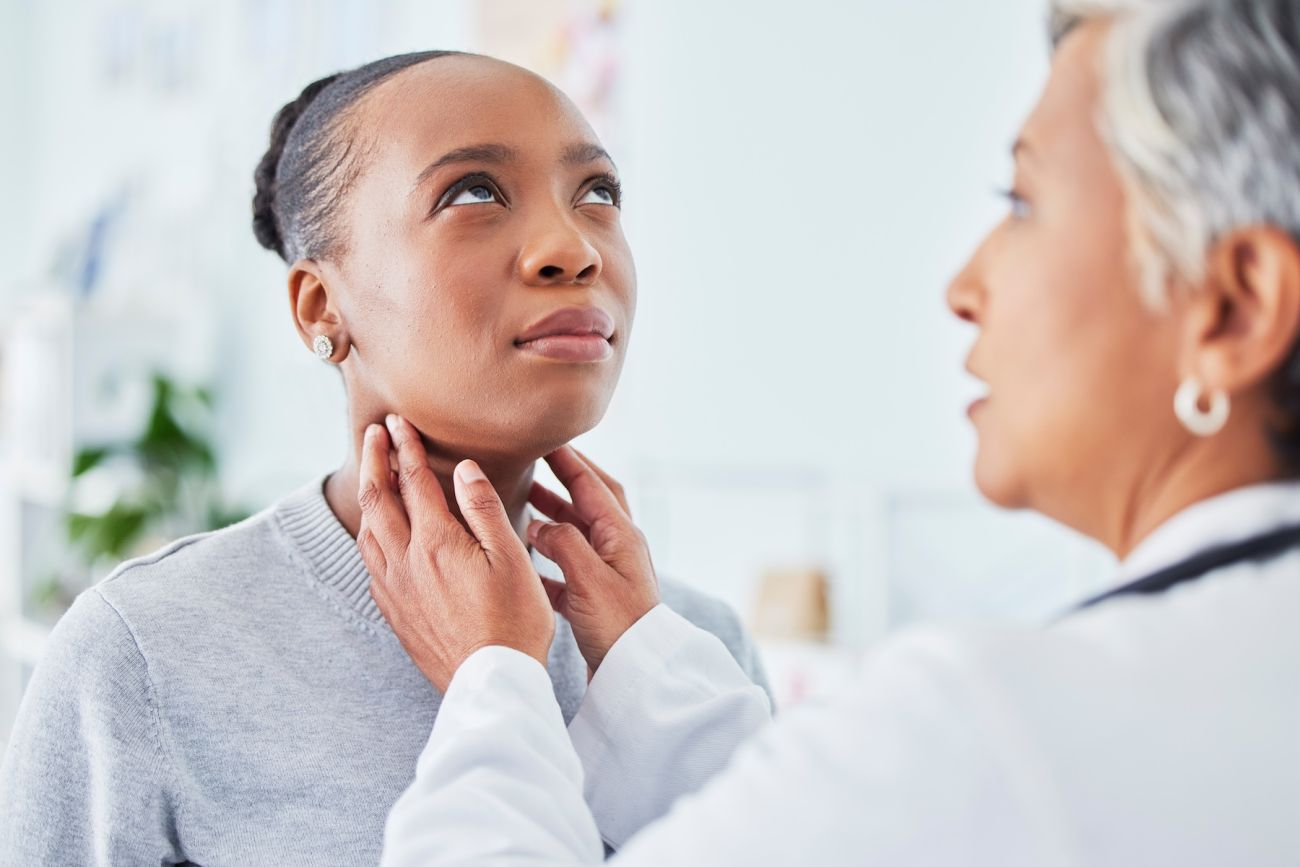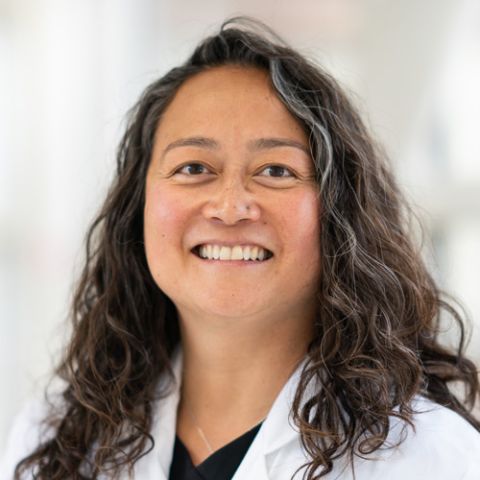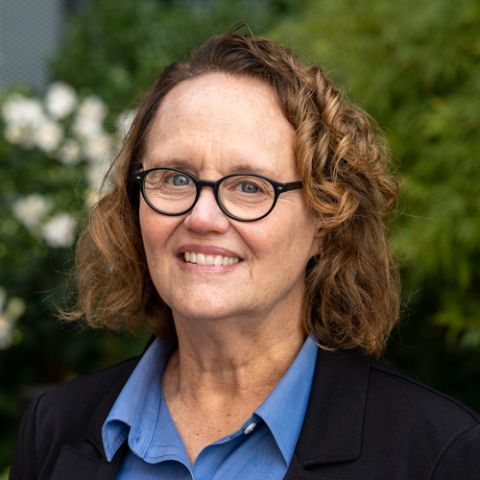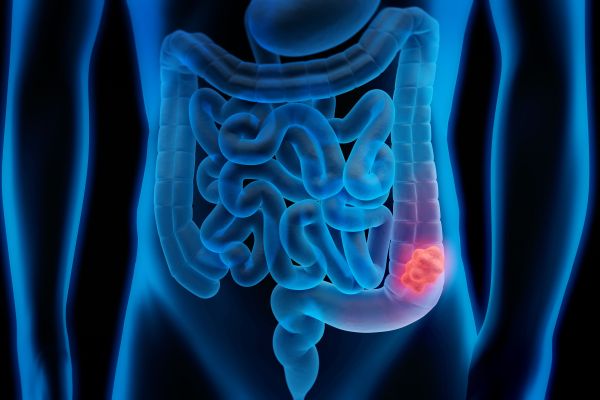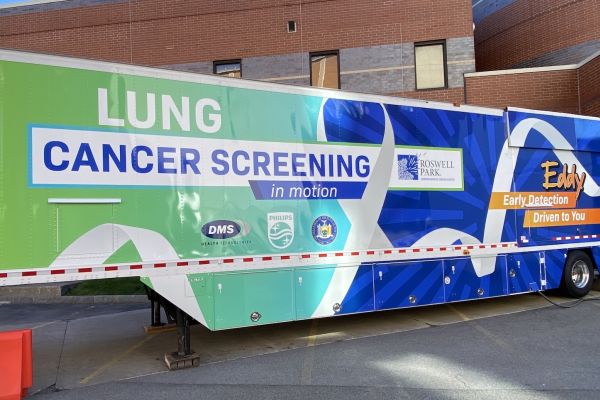Up to 20% of all cancers are diagnosed in people who have already been treated for cancer
Getting through cancer treatment is a difficult, life-changing experience. But developing a second cancer seems like a truly unfair lot in the life lottery. Unfortunately, cancer survivors are among those most at risk for developing cancer — again. A second cancer is not a recurrence of the first cancer, but a different type of cancer, often in a different organ.
“Evaluating your unique risk and taking steps to monitor for a second cancer is why Survivorship Care is so important for anyone with a history of cancer,” says Tessa Flores, MD, Medical Director of Cancer Screening and Survivorship at Roswell Park Comprehensive Cancer Center.
Why are cancer survivors at risk?
Cancer survivors face increased risk for cancer due to a number of factors. Some may be the same that led to the first cancer: lifestyle factors like smoking, alcohol use or obesity; workplace exposures; aging; immunity issues; a genetic predisposition to cancer; or infections like human papillomavirus, HIV and hepatitis B or C.
Some primary cancers and their treatment increase the risk for secondary cancer more than others. For example, oncologists know to watch carefully for breast or thyroid cancers in anyone who had Hodgkin lymphoma. Doctors watch for bladder cancer in patients who were treated for prostate or testicular cancer.
In addition, cancer treatments themselves may increase risk for secondary cancers. “While cancer treatments are designed to target cancer cells, they can also damage normal cells,” explains Roswell Park’s Mary Reid, PhD, MSPH, BSN, Chief of Cancer Screening, Survivorship and Mentorship. “Our bodies’ normal defense mechanism will deal with the cells damaged by treatment, but there’s always a possibility these damaged cells go on to become a second cancer.”
Radiation therapy for example, while very effective against many cancers, can increase the risk for developing leukemia and solid tumors like lung, thyroid, bone and gastrointestinal cancer. How much your past radiation treatments affect your risk for a second cancer will depend on your age at the time of radiation, the dose of radiation and the area that was treated.
Certain types of chemotherapy and targeted therapy drugs are also linked with a higher risk for second cancers, such as alkylating agents, platinum-based drugs, and anthracycline topoisomerase II inhibitors. “Assessing your risk will consider the type of cancer you had as well as your specific treatments, how much radiation you had and where, in addition to which drugs were used in your treatment, the dosage and how long you took them,” explains Dr. Flores.
Roswell Park survivorship in your community
We offer survivorship services, both clinical and supportive, at three convenient locations - our downtown campus, RPCI Amherst Center, and Jamestown Medical Oncology & Hematology
What can survivors do to prevent a second cancer?
The Survivorship team at Roswell Park will create a survivorship plan specifically for you — based on your unique needs, risk factors and treatment history. Your plan may include periodic cancer screenings such as full body skin checks, mammograms, colonoscopies, lung CT scans, Pap tests and thyroid exams, plus bone density testing and heart and lung function tests.
“Cancer cannot be completely prevented but there are lifestyle changes that you can do to decrease your risk,” says Dr. Flores. “If you smoke, talk with your medical team about getting help to quit. Exercise at least 150 minutes a week; avoid ultra-processed foods; limit the amount of alcohol you drink; wear sunscreen or avoid being outside when the sun’s rays are most intense, from 10 a.m. to 4 p.m.”
